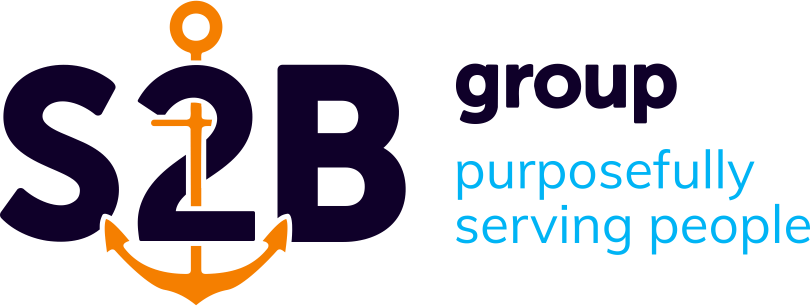The Future of Supplier and Enterprise Development in South Africa
A Shift from Funding to Empowerment
In the evolving landscape of South African enterprise development, the traditional model of funding beneficiaries is increasingly proving to be less sustainable and insufficient. Our nation faces formidable challenges, such as rampant unemployment, an educational system in dire need of reform, and a critical necessity to foster entrepreneurship and ensure access to markets for the previously disadvantaged. This article proposes a transformative approach to supplier and enterprise development programmes, advocating for a shift towards equipping beneficiaries with the tools and skills essential for navigating and thriving within our current economic ecosystem.
Understanding the Context: South Africa’s Enduring Challenges
South Africa’s high unemployment rate, particularly among its youth, represents a ticking time bomb. The issue is exacerbated by an education system that often fails to provide students with the practical skills required in the job market. Moreover, the legacy of apartheid has left a substantial portion of the population without the means or opportunities to engage effectively in economic activities. Within this context, the traditional model of merely providing financial support to beneficiaries is not enough to instigate real change or sustainable growth.
Redefining Development Programmes: Beyond Financial Support
The future of impactful supplier and enterprise development programmes lies in a holistic approach that prioritises skill development, entrepreneurship, and market access. This method recognises that financial support, while essential, must be complemented with comprehensive training and resources that address the specific needs of the South African market and its unique challenges.
Skill Development and Entrepreneurship
Skill development tailored to the demands of the modern economy is crucial. Programmes should focus on practical, vocational training that equips individuals with marketable skills, as well as fostering an entrepreneurial mindset. Entrepreneurship education should cover not only business management but also innovative problem-solving, financial literacy, and digital skills, preparing participants for the realities of starting and sustaining a business in today’s digital age.
Access to Markets
Access to markets is another critical component. Development programmes must build bridges between emerging suppliers and enterprises and the broader market. This involves not only facilitating connections but also preparing beneficiaries to meet market demands and standards. Programmes should also advocate for policy changes that support small businesses and make it easier for them to compete on a level playing field.
Sustainable Support Systems
Finally, creating sustainable support systems is essential. This means ongoing mentorship and access to networks that can provide advice, resources, and opportunities for growth. Such ecosystems encourage collaboration and innovation, helping beneficiaries to navigate challenges and seize opportunities.
A Call to Action
As we stand at the crossroads of change, it is imperative that we re-evaluate and adapt our supplier and enterprise development programmes. The future is not in simply funding beneficiaries but in empowering them with the knowledge, skills, and opportunities they need to build sustainable businesses and contribute to the growth of our economy. This approach not only addresses the immediate needs of previously disadvantaged individuals but also lays the groundwork for long-term economic development and social change in South Africa.

